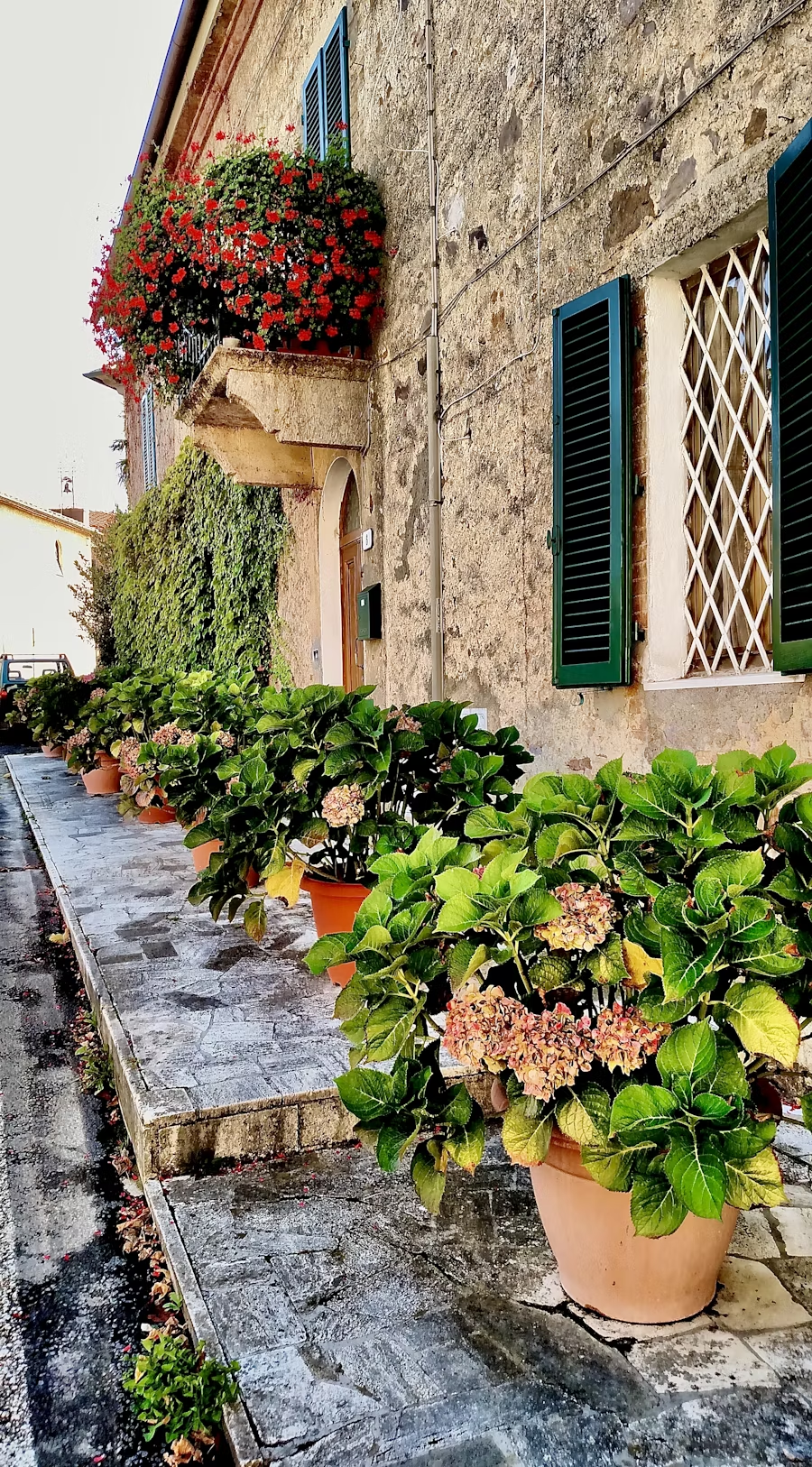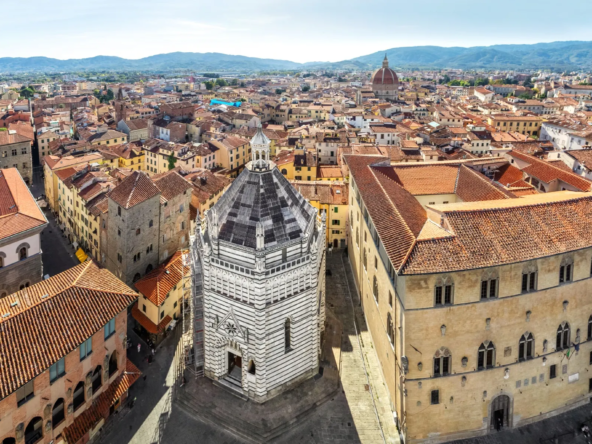Buying property in Italy, especially in a picturesque region like Tuscany, can be a dream come true. However, navigating the legalities can be daunting, particularly for foreigners unfamiliar with Italian laws and regulations. In this blog post, we’ll guide you through the essential legal aspects of purchasing property in Italy to help make your dream a reality.
1. Eligibility for Foreign Buyers
Italy welcomes foreign investors, and there are generally no restrictions on property purchases for EU citizens. Non-EU citizens can also buy property, provided there is a reciprocal agreement between Italy and the buyer’s home country. This means that if Italian citizens can buy property in your country, you can purchase property in Italy.
2. The Italian Property Purchase Process
Step 1: Engage a Real Estate Agent Hiring a licensed real estate agent (agente immobiliare) is highly recommended. They can provide invaluable local knowledge, help you find the right property, and assist with negotiations.
Step 2: Preliminary Contract (Compromesso) Once you find a property, you and the seller sign a preliminary contract, known as a “compromesso.” This contract outlines the terms and conditions of the sale, including the price, deposit amount (usually 10-20% of the purchase price), and the completion date. It’s advisable to have a notary or lawyer review this contract.
Step 3: Due Diligence Before signing the final contract, thorough due diligence is crucial. This includes:
- Title Search: Ensuring the property has a clear title and no outstanding mortgages or liens.
- Building Permits: Verifying that the property has all the necessary building permits and complies with local regulations.
- Technical Survey: Conducting a technical survey to assess the property’s condition and any potential issues.
Step 4: Final Contract (Rogito Notarile) The final contract, known as “rogito notarile,” is signed in the presence of a notary. The notary ensures that all legal requirements are met and that the transfer of ownership is registered with the land registry (Conservatoria dei Registri Immobiliari).
3. Legal Fees and Taxes
Notary Fees Notary fees in Italy typically range from 1-2% of the property’s purchase price. The notary’s role is crucial in ensuring the legality of the transaction, and their fees cover the preparation and registration of the final contract.
Registration Tax The registration tax varies based on whether the property is classified as a primary or secondary residence. For primary residences, the tax is 2% of the cadastral value, while for secondary residences, it’s 9%.
Value Added Tax (VAT) Newly built properties may be subject to VAT (IVA). The rate is 4% for primary residences and 10% for secondary homes. If the property is a luxury home, the rate can be as high as 22%.
Other Costs Additional costs include cadastral taxes, mortgage registration fees (if applicable), and real estate agent commissions (usually 3-5% of the purchase price).
4. Financing Options
Foreign buyers can obtain a mortgage from Italian banks, though the process can be complex. Italian banks typically require a higher down payment (around 40%) and a thorough assessment of your financial situation. Consulting a mortgage broker who specializes in helping foreigners can simplify this process.
5. Inheritance and Property Laws
Italian inheritance laws follow the principle of “forced heirship,” meaning certain relatives are entitled to a fixed share of the estate. It’s essential to understand how these laws might affect your property’s future and consider drafting an Italian will to ensure your wishes are respected.
6. Residency Considerations
Purchasing property in Italy doesn’t automatically grant residency. However, owning property can support your residency application, especially if you plan to retire in Italy. The “Elective Residence Visa” is an option for non-EU citizens who can demonstrate sufficient financial means to live in Italy without working.
7. Professional Assistance
Navigating the legal landscape of Italian real estate can be challenging, but professional assistance is available. Engaging a bilingual lawyer who specializes in Italian property law can provide peace of mind and ensure a smooth transaction. Additionally, a local accountant can help with tax implications and financial planning.
Conclusion
Buying property in Italy is a rewarding investment, offering the chance to immerse yourself in a rich cultural heritage and stunning landscapes. By understanding the legalities and engaging professional assistance, you can confidently navigate the process and turn your Tuscan dream into reality. Happy house hunting!




